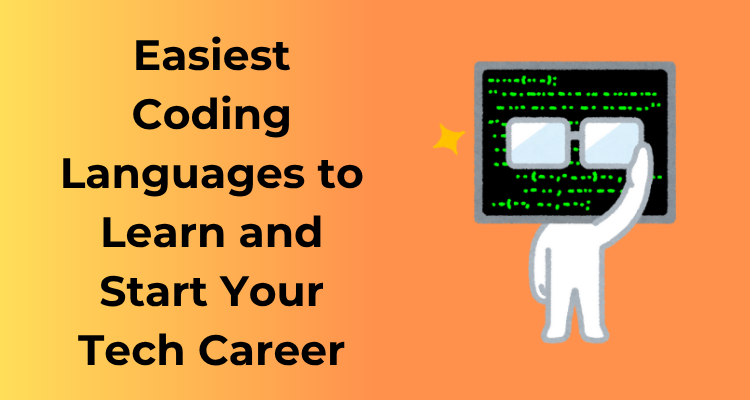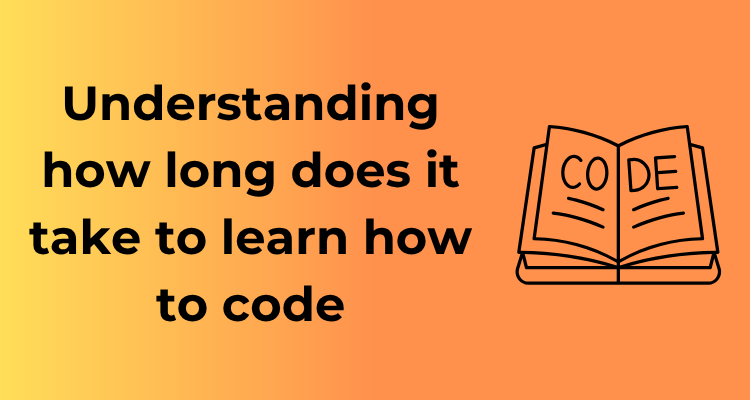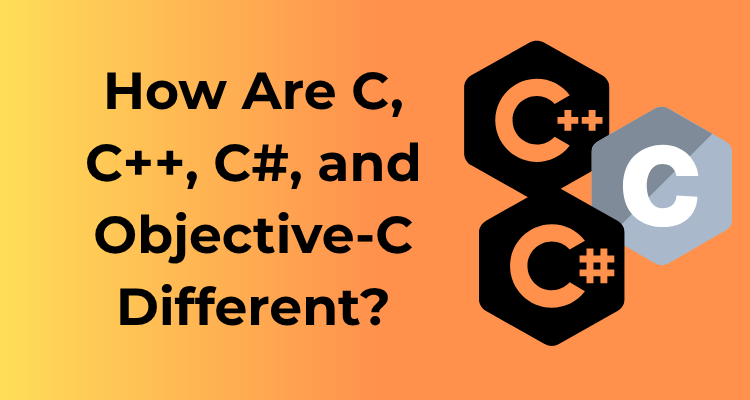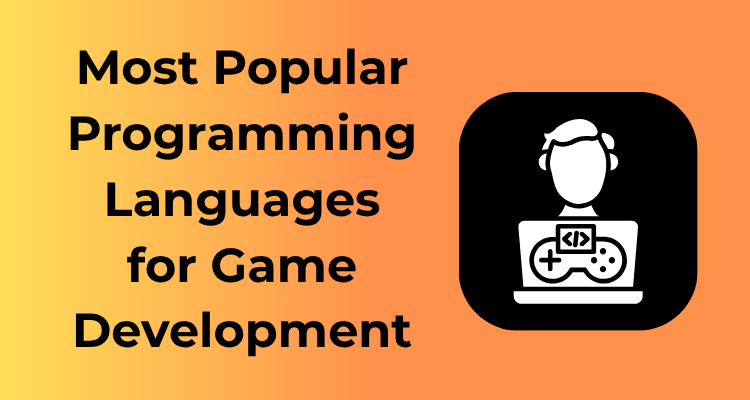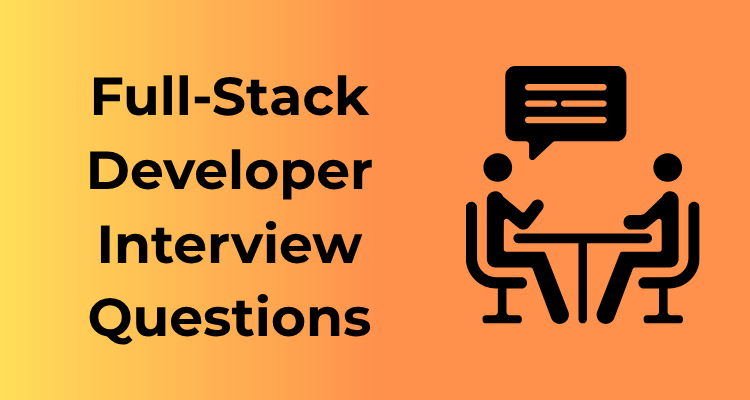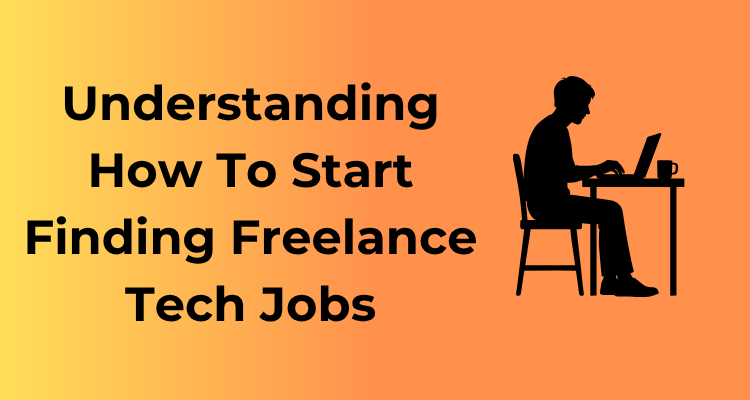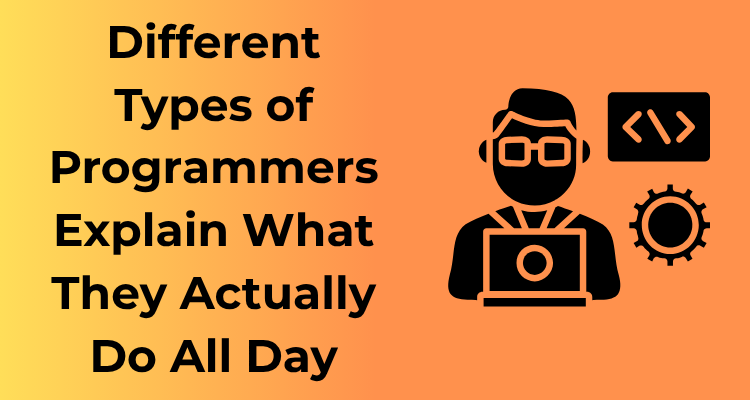Starting your coding journey can be both exciting and intimidating. With so many programming languages to choose from, how do you decide which one to learn first? Trust me, the choice you make at the beginning matters more than you might think! Picking the right coding language can mean the difference between boosting your confidence or feeling overwhelmed before you even get started.
Think of it like learning to ride a bike. Would you start with a complex mountain bike or something simple, sturdy, and beginner-friendly with training wheels? Coding works in a similar way—the language you choose should act as those reliable training wheels to ease you into the world of programming.
Accessible Learning for a Beginner’s Mind
When you’re just starting out, it’s important to choose a language that’s easy to read and understand. Coding syntax varies by language, and some are designed to be more human-readable than others. By using a simpler language, you’ll find it easier to grasp the fundamental concepts of programming, such as variables, loops, and functions.
For example, if you’re trying to learn coding and the syntax looks like a string of incomprehensible symbols, it can feel demoralizing to a beginner. Instead, a language with clearer, more intuitive syntax (think Python or JavaScript) gives you a mental boost because you can quickly understand what’s going on.
Building a Solid Foundation Without Overwhelm
Programming is all about solving problems, and building your skills comes with practice. Choosing the right language ensures you’re setting yourself up for small, achievable wins early on. These wins can fuel your motivation to keep going. What you might not realize is that many of the basic concepts you’ll encounter in your first coding language apply to other languages too. As a beginner, you don’t need to start with something overly complex, like C++ or Rust. It’s better to focus on a language that provides both gentle learning curves and transferable knowledge.
In short, learning something simpler first gives you the confidence to tackle tougher concepts later. After all, you wouldn’t run a marathon before learning how to jog, right?
Language Popularity and Available Resources
Another key reason to carefully choose your first language is the availability of support and resources. Popular beginner-friendly languages like Python are backed by thriving communities and countless tutorials, forums, and documentation. This makes it easier to find answers to your questions and get help when you hit a roadblock. Starting with a highly-documented language ensures you’re never stuck for long, making your coding journey much smoother.
- Easier debugging: Beginner-friendly languages often display clearer error messages, helping you identify mistakes faster.
- Online support: Popular languages have large communities where others have likely asked the same questions you’ll face.
- Step-by-step guides: Books, courses, and YouTube tutorials are abundant for beginner-focused languages.
Key Features to Look For in a Beginner-Friendly Coding Language
Diving into coding for the first time can feel overwhelming, right? But here’s the good news: there are coding languages out there that are incredibly beginner-friendly, designed to ease you into the process without making your head spin. So, what exactly makes a coding language beginner-friendly? Let’s break it down!
1. Simplicity and Readability
The first thing to look out for is how simple and easy-to-read the language is. Imagine reading a book that’s written in a language full of confusing terms versus one that’s straightforward and clear. The same applies to coding languages! A beginner-friendly language uses syntax (the rules and structure of code) that’s logical and close to natural human language.
For example, Python is often hailed as a fantastic starting point because its syntax feels almost like plain English. Instead of a complicated, cryptic structure, you’ll find clear words like print or if that do exactly what you’d think they do. It’s no wonder Python has been called ‘the language of beginners!’
2. Abundant Learning Resources
Another vital feature is the availability of learning resources. As someone new to coding, you’ll want plenty of tutorials, online courses, forums, and documentation to guide you. A well-documented language with an active community makes it easier for you to get help when (not if!) you hit a roadblock. Here comes the magic of beginner-friendly languages like HTML, CSS, or even JavaScript, which are supported by countless free and beginner-focused resources online.
3. Hands-On Practice Opportunities

Let’s face it: reading and watching tutorials is great, but the best learning happens when you’re actually coding, solving little problems, and building projects. Good beginner languages often come with platforms or environments that allow you to try things out without a lot of setup. For example:
- Python has interactive tools like Jupyter Notebook or REPL, letting you write and test code instantly.
- HTML and CSS allow immediate feedback when you build and render webpages in your browser.
These practical tools make coding feel more real and help you gain confidence much faster.
4. Error-Friendly
Let’s be honest—mistakes are inevitable when you’re learning something new, and coding is no exception. That’s why it’s crucial to choose a language that’s forgiving when you mess up. Beginner-friendly languages often produce clear, understandable error messages that guide you to fix the issue. Python, again, is a champ here because its errors are generally easy to follow compared to lower-level languages like C++ or Java.
5. Transferable Skills
As a beginner, you might not know which path your coding journey will take—web development, data science, apps, you name it! It’s wonderful if the first language you learn provides skills that are transferable to other languages and areas of programming. For example, learning logical structures like loops, variables, and conditionals in Python will give you a solid foundation for exploring more complex languages later on.
The Role of Learning Curves: Easy Isn’t Always Simple
Choosing your first coding language may seem like a straightforward choice—pick the “easiest,” right? But wait, is something that’s considered easy always the best starting point? Not necessarily! Enter the concept of the learning curve, a factor that often doesn’t get the attention it deserves when discussing coding languages.
What Is a Learning Curve, Anyway?
Simply put, the learning curve is how steep or gradual the process of picking up a new skill feels. In coding, this can mean everything from how quickly you grasp basic syntax to how long it takes to build something functional or meaningful. Different languages have different learning curves. Some, like Python, start gently—encouraging beginners—while others, like C++, might have a steeper initial climb with more syntax rules and structural considerations. The key takeaway here is that “easy” doesn’t necessarily mean the climb is short; sometimes, the easier languages come loaded with nuance as you deepen your skills.
Why Does This Matter to Beginners?
Let’s face it—learning to code, while ultimately rewarding, can feel intimidating at first. If the learning curve of a language isn’t suited to a beginner’s mindset, discouragement can set in. Here’s why understanding learning curves is crucial:
- It shapes your early experiences: A language that feels too “abstract” might make you question your ability to code at all!
- It affects your motivation: If progress feels slow due to how steep a language’s learning curve is, you might find it harder to stay engaged.
- It determines your foundation: Beginner-friendly languages with gradual curves often build essential skills that will stick with you in the long run.
Easy ≠ Simple
Here’s where things get interesting: not all “easy-to-learn” coding languages are automatically the best choice. While Python, for instance, is often heralded as the gold standard for beginners because of its highly readable syntax, it can abstract away more complicated concepts like memory management—an area you’ll eventually need to grasp deeply if you continue coding in other, more complex languages. In contrast, a language like JavaScript might seem harder at first (those curly braces can be pesky!) but offers immediate practical applications for building web pages, which could feel more empowering early on.
So, when choosing a language, don’t just ask, “Is this easy?” Instead, consider, “How do its learning curve and features match up with what I want to achieve in the short and long term?”
Breaking Down Learning Curve Types
- Gradual: These are great for beginners as they slowly introduce new concepts. Languages like Python and Ruby fall here—they provide early wins to boost confidence.
- Steep at First, then Plateau: Some languages like JavaScript or C# may feel overwhelming in the beginning but then become smoother as you build familiarity.
- Consistently Challenging: Languages like C or C++ might feel like playing a video game on “hard mode” from the start, but they can provide incredible depth and flexibility for those who persevere.
Comparing Popular Languages Based on Simplicity
If you’re dipping your toes into the world of coding, first of all—welcome! It’s an exciting journey with endless possibilities. But let’s face it: choosing the right programming language to start with can feel overwhelming. Don’t worry; we’ve got your back. Let’s break it down by comparing some of the most popular programming languages based on how beginner-friendly they are. Spoiler alert: you don’t need a computer science degree to find your match!
Python: The Absolute Favorite
When it comes to beginner-friendly coding languages, Python often takes the crown. Why? It’s straightforward, intuitive, and has syntax that practically resembles plain English. For example, printing “Hello, World!” in Python only takes one line:
print("Hello, World!")Magic, isn’t it? Python also has a massive community, meaning there are tons of resources and tutorials to help you out. Plus, it’s used in everything from web development to artificial intelligence, so you can truly grow with the language.
JavaScript: The Web Wizard
If you want to make cool, interactive websites, JavaScript is the way to go. It’s the king of web development and runs directly in your browser, so you don’t need any special setup. While it may be slightly more complex than Python because of its quirks (hello, semicolons and curly braces), the payoff is worth it for those looking to build web applications. A huge plus: you can see your results instantly, which keeps the learning process exciting!
HTML and CSS: Not Exactly Coding, but a Great Start
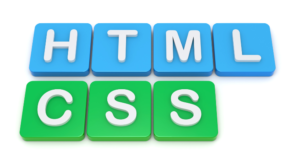
Okay, let’s clear something up—HTML (HyperText Markup Language) and CSS (Cascading Style Sheets) aren’t technically programming languages, but they’re essential if you’re interested in web development. They’re easy to pick up and focus on creating and styling websites. If you love visual results and the creative side of coding, start here to build your confidence.
Ruby: Elegant and Beginner-Friendly
Fans of Ruby often describe it as “beautiful code.” The language emphasizes simplicity and productivity, with syntax that’s easy to understand. Similar to Python, Ruby has a vibrant and supportive community, and the popular Ruby on Rails framework is perfect for web development. However, Ruby might not be as widely used as Python or JavaScript in some industries, so consider your long-term goals before jumping in.
Scratch: Coding for Absolute Beginners
If you’ve never written a single line of code, Scratch might be the perfect starting point. Designed for kids and absolute beginners, Scratch simplifies programming by using a block-based visual interface. Instead of typing, you drag and drop blocks to build programs. This way, you can focus on understanding coding concepts (like loops and variables) without getting bogged down in tricky syntax.
Common Coding Misconceptions That Beginners Should Avoid
Hey there, future coding genius! Starting your journey into coding can feel like diving into a deep ocean without knowing how to swim just yet. But here’s the thing—it’s much easier than you think when you have a clear understanding of what’s true and what’s not. Unfortunately, there are so many common misconceptions that can trip up beginners before they even start. Let’s bust a few myths so you can focus on honing those coding superpowers!
1. You Need to Be a Math Genius.
This is perhaps the most infamous misconception about coding. The truth? You don’t need to be a math whiz to become a great programmer. Sure, certain advanced fields like machine learning or game development might require some mathematical concepts, but for most beginner-friendly programming languages, basic problem-solving skills and logical thinking are enough.
If you can handle simple arithmetic or understand patterns, you’re already well-equipped to take on coding. Forget the intimidating stereotypes—coding is for everyone, not just mathletes!
2. Coding Is Only for Young People.
Here’s a confidence booster: age doesn’t matter! Whether you’re 15 or 50, coding skills can be learned at any stage of life. In fact, many people switch careers and dive into programming later on, finding success and satisfaction. Today, there are courses and resources designed for people of all ages, making coding both accessible and enjoyable for anyone willing to try.
So if you’re worried you’re “too late to start,” kick that thought to the curb because the tech world eagerly welcomes learners of every age!
3. You Need to Learn the Hardest Language First.
Some new learners believe that starting with the most difficult programming language will make them stronger coders. Not true! It’s actually smarter—and less frustrating—to begin with beginner-friendly languages like Python, JavaScript, or Scratch. These languages are designed to be intuitive and easy for newcomers to grasp, helping you build confidence before tackling more complex tech challenges.
In the coding world, it’s all about working smarter, not harder. Start simple, and you’ll progress faster!
4. Memorizing Code Is More Important Than Understanding It.
This misconception is like trying to learn a language by memorizing a dictionary—it just doesn’t work. When you’re coding, understanding why something works the way it does is far more valuable than simply memorizing lines of syntax. Coding is all about problem-solving, so focus on the logic behind your code instead of treating it like a “fill in the blanks” exercise.
5. You Have to Be Perfect from Day One.
Let’s set the record straight: everyone makes mistakes when they start coding. Actually, even experienced developers encounter bugs—they just know how to debug better. Instead of aiming for perfection, strive to learn from the errors you make along the way. Every time you fix a bug or solve a problem, you’re building invaluable experience.
Embrace the trial-and-error process—it’s all part of the learning journey. Celebrate your successes, no matter how small, because they represent progress.
The Real-Life Applications of Beginner-Friendly Languages
Let’s face it—learning a coding language can feel a bit overwhelming at first. You might be sitting there thinking, “Sure, JavaScript or Python sounds simple, but what can I actually do with it in the real world?” That’s a fantastic question because understanding the practical uses of coding can give you that extra motivational boost to keep learning and stay consistent. Let’s dive into how beginner-friendly languages can be applied in real-life scenarios, making all those hours of practice totally worth it!
Why Real-Life Applications Are Important for Beginners
One of the biggest mistakes beginners make is not connecting what they’re learning with what they can build or achieve. When you understand how these languages unlock real-world opportunities, coding suddenly becomes exciting—like having a magic wand that can create apps, websites, or even automate dull tasks. And guess what? Beginner-friendly coding languages are designed with practical applications in mind, so you can start building sooner than you think!
The Power of Python: Data and Beyond
Python is the superstar when it comes to beginner-friendly languages with real-life applications. Here’s why:
- Data Analysis & Visualization: Python makes analyzing numbers or creating gorgeous charts a breeze with libraries like Pandas and Matplotlib. Whether you’re exploring trends or making business predictions, Python can help turn data into insights.
- Web Automation: Hate repetitive tasks like scraping data from websites? Python to the rescue! You can automate so much using tools like Selenium.
- Game Development: Yes, you can even take your first steps into game creation with Python frameworks like pygame. How cool is that?
So even as a beginner, you can tackle projects that make a real-world impact!
JavaScript: The Key to the Web
JavaScript has long been the go-to language for anyone interested in building websites. But did you know it’s not just for the pros? Beginners can easily learn and apply JavaScript to create interactive websites and web apps.
- Dynamic Pages: Make your webpage “come alive” with cool dropdown menus, animated sliders, or popups. No static sites here!
- Browser Games: Games like Pong or Snake are beginner-friendly projects you can build as you learn JavaScript. Talk about fun learning!
- Front-End Development: Pair JavaScript with HTML and CSS to build websites that look AND feel amazing.
Want to Build Apps? Try Swift!
Love the idea of making your very own iPhone app? Swift is Apple’s official programming language and has a beginner-friendly syntax. It’s perfect for creating mobile apps, and thanks to Swift’s clean way of handling concepts, even beginners can start building functional apps with a bit of practice.
Scratch: Coding for Absolute Newbies
If you’ve never touched a line of code in your life and just want to get the hang of how coding works, Scratch is a delightful place to start. Designed with simplicity in mind, it’s a block-based coding language. Perfect for creating animations, games, or little stories—all achievable with drag-and-drop instructions!
Start Small, Dream Big
The beauty of beginner-friendly programming languages lies in their accessibility and their potential. They empower you to build, automate, or solve problems—no matter how small. Remember, the apps you use daily or the websites you rely on may have started as someone’s weekend coding project using a beginner-friendly language.
Tips and Resources to Master the Easiest Coding Languages
So, you’ve decided to embark on the exciting world of coding, and you’ve chosen one of the easiest programming languages to kickstart your journey. Awesome choice! But what now? The good news is that there are plenty of tips and resources to help you master these beginner-friendly coding languages—and we’re diving right into them below.
1. Start Small and Build Up Gradually
Take things one step at a time. Instead of diving into complex algorithms or overwhelming yourself with advanced concepts, focus on learning the basics first. Things like syntax, variables, loops, and simple functions are your building blocks. For example:
- In Python, write small scripts that print “Hello, World!” or do basic arithmetic.
- In JavaScript, experiment with making small interactive buttons on a webpage.
Don’t rush! Mastering the fundamentals will give you a strong foundation to tackle more challenging projects later.
2. Leverage Online Learning Platforms
The internet is brimming with platforms where you can learn at your own pace. Some beginner-friendly options include:
- Codecademy: Offers interactive exercises for languages like Python, JavaScript, and HTML.
- freeCodeCamp: A completely free resource with hands-on coding projects and certifications.
- Udemy: Affordable courses led by industry professionals that dive into specifics.
Most of these platforms are designed for accessibility and include coding exercises that allow you to learn by doing, which is absolutely key for beginners.
3. Practice Every Day, Even If It’s Just for 15 Minutes
Consistency is the secret sauce to becoming a better coder. You don’t need to dedicate hours each day—fifteen minutes of practice can go a long way. Here are some ideas:
- Use platforms like HackerRank or LeetCode for beginner-level problem solving.
- Try revisiting tutorials to reinforce what you’ve learned.
- Challenge yourself with bite-sized coding challenges on apps like Sololearn.
4. Immerse Yourself in a Supportive Community
Feeling stuck? You’re not alone in this journey. Engaging with a supportive coding community can make a huge difference. Here’s where to find your crew:
- Reddit: Subreddits like r/learnprogramming or r/webdev are packed with fellow beginners and experts who can answer your questions.
- Stack Overflow: While it might seem intimidating at first, it’s a goldmine for troubleshooting and technical advice.
- Discord Groups: Many coding platforms have their own communities on Discord where you can get help in real time.
5. Create Projects That You’re Excited About
Learning is so much more engaging when you’re working on something that piques your interest. Whether it’s a personal website, a to-do list app, or a digital pet simulator, building a project you care about will give you the motivation to keep going.
Remember, perfection isn’t the goal for your first projects. Instead, focus on applying what you’ve learned and having fun with the process.
6. Use YouTube and Blogs as Supplemental Resources
Sometimes you just need someone to break things down in plain language. YouTube is perfect for that, with creators like The Net Ninja and Traversy Media offering free, high-quality tutorials. Similarly, blogs like Real Python and CSS Tricks are excellent for specific programming tips.
7. Don’t Fear Asking for Help
Feeling overwhelmed or struggling with a concept? That’s totally normal. The best part about being in this digital age is that help is just a click away. Don’t hesitate to ask instructors, peers, or forum members for assistance.
8. Celebrate Your Wins
Every little milestone is worth celebrating. Ran your first “Hello, World!” script? Amazing! Solved a tricky challenge? You’re crushing it! Celebrate your progress, and remember how far you’ve come—it’s a confidence boost that’ll keep you going strong.

